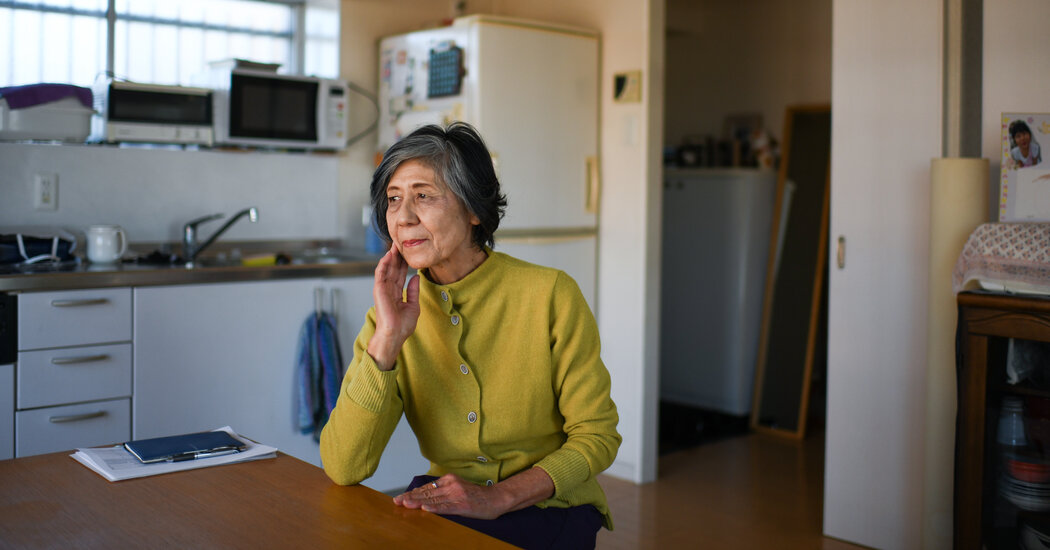
Japan’s share of the global economy has fallen below 10% from a peak of 18% in 1994. Many fear that as the generation of salaried baby boomers dies out, the country’s economic slide might accelerate. Temp agencies have expanded to fill the need for contract jobs as permanent job opportunities have dwindled.

More than one-third of the workforce is part-time as companies have shed the famed Japanese lifetime employment system, nudged along by government legislation that abolished restrictions on flexible hiring a few years ago. To the surprise of many outsiders, once-egalitarian Japan is becoming a nation of haves and have-nots… The gap between extremes of income at the top and bottom of society - measured by the Gini coefficient - has been growing in Japan for years. And it exerts a psychological toll, particularly in Japan, which places particular importance on group ties.Ī recent article by Charles Hugh Smith depicts the rise of freeters as directly related to growing income disparity: The delay in or inability to support oneself further suppresses Japan’s birthrate, worsening its demographic crisis. Many freeters can’t afford to live by themselves, and therefore become “parasite singles” staying with their parents. The bigger implications for Japan are negative.
#Freeter japan hate professional#
Many become freeters right out of college, and are never able to get back on track with their peers, since companies in Japan, as in the US, prefer to hire new college or professional school graduates into their entry level positions. Some of them can work for the same company for a very long time, but they are not only paid less, but are also not in the hierarchy of permanent worker. And even worse from a societal standpoint is the rise of “freeters” or workers hired into temporary jobs.
In the new economic paradigm, wages are compressed among full-time salaried workers (meaning seniority/managerial based pay differentials, which were not all that great in Japan to begin with, have narrowed). Nevertheless, college graduates could expect to find a job without much difficulty and look forward to a stable career if they performed reasonably well. The old economic model was lifetime employment, even though that was a reality observed more at large companies than in the economy overall. One of the post-bubble era trends in Japan that has caused consternation within the island nation is the rise of an employed underclass.


 0 kommentar(er)
0 kommentar(er)
